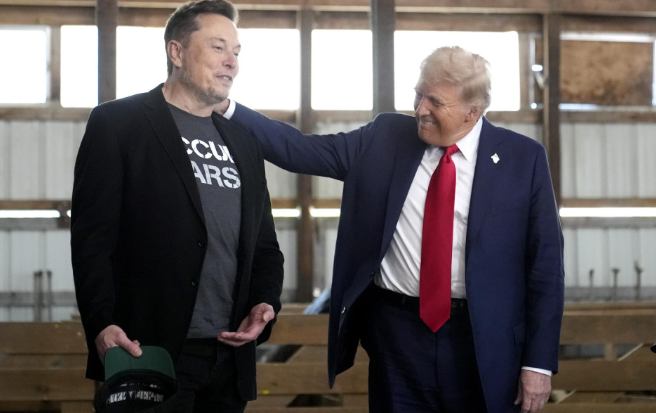[ad_1]
SAN FRANCISCO (Reuters) – Facebook Inc (FB.O) said on Wednesday it had found that an influence operation likely based in Russia spent $100,000 on ads promoting divisive social and political messages in a two-year-period through May.
Facebook, the dominant social media network, said that many of the ads promoted 470 “inauthentic” accounts and pages that it has now suspended. The ads spread polarizing views on topics including immigration, race and gay rights, instead of backing a particular political candidate, it said.
Facebook announced the findings in a blog post by its chief security officer, Alex Stamos, and said that it was cooperating with federal inquiries into influence operations during the 2016 U.S. presidential election.
The company said it found no link to any presidential campaign. Three-fourths of the ads were national in scope, and the rest did not appear to reflect targeting of political swing-states as voting neared.
Facebook did not print the names of any of the suspended pages, but some of them included such words as “refugee” and “patriot.”
Even if no laws were violated, the pages ran afoul of Facebook requirements for authenticity, setting up the suspensions.
More than $1 billion was spent on digital political ads during the 2016 presidential campaign, 10,000 times the amount identified by Facebook’s security team.
But the findings buttress U.S. intelligence agency conclusions that Russia was actively involved in shaping the election.
Facebook previously published a white paper on influence operations, including what it said were fake “amplifier” accounts for propaganda, and said it was cracking down.
As recently as June, it told journalists that it had not found any evidence to date of Russian operatives buying election-related ads on its platform.
A Facebook employee said Wednesday that there were unspecified connections between the divisive ads and a well-known Russian “troll factory” in St. Petersburg that publishes comments on social media.
Beyond the issue ads, Facebook said it uncovered $50,000 more in overtly political advertising that might have a link to Russia. Some of those ads were bought using the Russian language, even though they were displayed to users in English.
Reporting by Joseph Menn; Additional reporting by David Ingram; Editing by Leslie Adler
[ad_2]
Source link






Leave a Reply